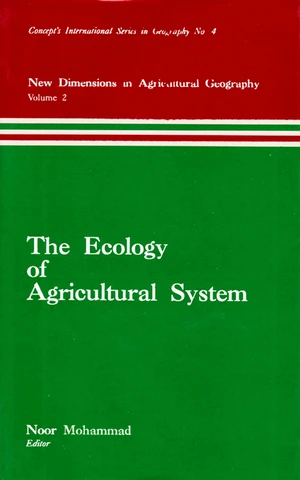A geographic information system, geographical information system, or geospatial information system is any system that captures, stores, analyses, manages, and presents data that are linked to location. In the simplest terms, GIS is the merging of cartography, statistical analysis, and database technology. GIS may be used in archaeology, geography, cartography, remote sensing, land surveying, public utility management, natural resource management, precision agriculture, photogrammetry, urban planning, emergency management, landscape architecture, navigation, aerial video, and localized search engines. Remote sensing images are normally in the form of digital images. In order to extract useful information from the images, image processing techniques may be employed to enhance the image to help visual interpretation, and to correct or restore the image if the image has been subjected to geometric distortion, blurring or degradation by other factors. Agricultural resources data are collected y aircraft and satellite-mounted instruments, which receive reflected energy from target in some frequency of the electromagnetic spectrum. The process involved in electromagnetic remote sensing system namely, data acquisition and data analysis are outlined below and a schematic diagram of electromagnetic remote sensing process. This book should be useful to remote sensing scientists and engineers, geographers, geologists, ecologists and environmental scientists, agricultural and soil scientists and urban and regional planners. Regional, state and university remote sensing centres may like to have this book as well.
Price history
Nov 19, 2022
€429.71

